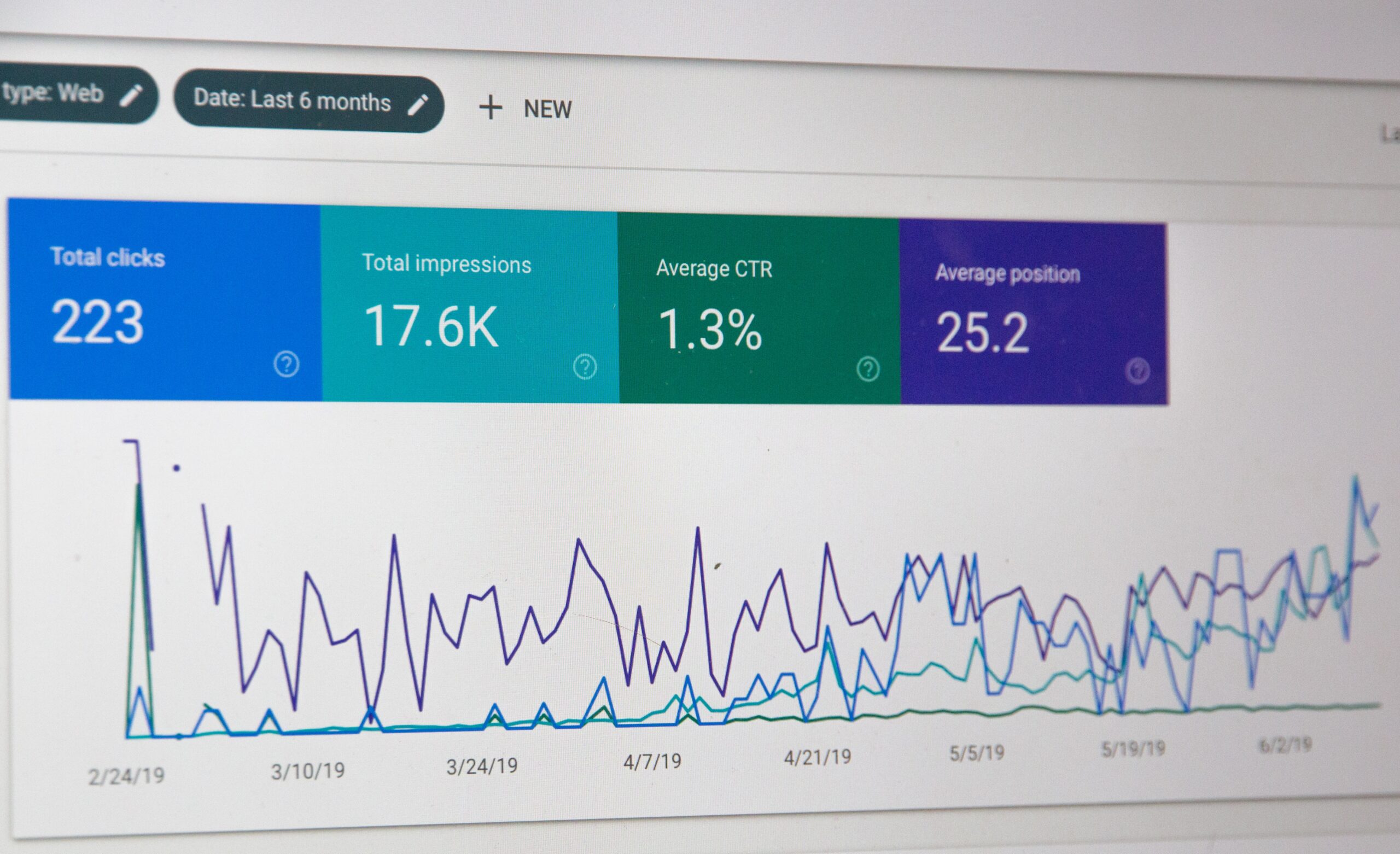Better rankings on desktop than mobile: could it be due to the number of visitors?
Different search rankings on desktop and mobile are normal. Can a different distribution of users on the different devices also play a role?
Mobile search rankings often differ from desktop search rankings. This is normal and can have various reasons. For example, the mobile-friendliness of the pages plays a role in the mobile search. In addition, local aspects are more often the focus of mobile use, for example when you are looking for nearby offers.
Can a different distribution of the users of a website between mobile and desktop also play a role in the rankings? This could be shown, for example, by the fact that a website with predominantly desktop use receives better rankings in desktop search than in mobile search.
A small and non-representative poll on Twitter showed that the majority of participants think this is possible. 75 percent stated that their website gets more desktop users and thus better rankings on desktop.
Would it make sense from Google’s point of view to adjust the rankings based on demand depending on the device? If you consider access to the search via desktop or mobile as part of the search intent, it would at least be understandable. If a website is primarily visited by desktop users, Google can assume that the website is primarily of interest to this user segment. This would affect many B2B websites, for example, which still receive mostly desktop traffic today
Incidentally, the fact that user demand can correlate with rankings can also be seen for many websites in the Google Search Console. A typical history of impressions and clicks shows less demand on weekends. But not only the number of impressions and clicks decreases on Saturdays and Sundays, but also the average position in the search. So there seems to be a connection between demand and rankings.
A request to John Müller from Google is still open. If he comments on this, it will be added here.



